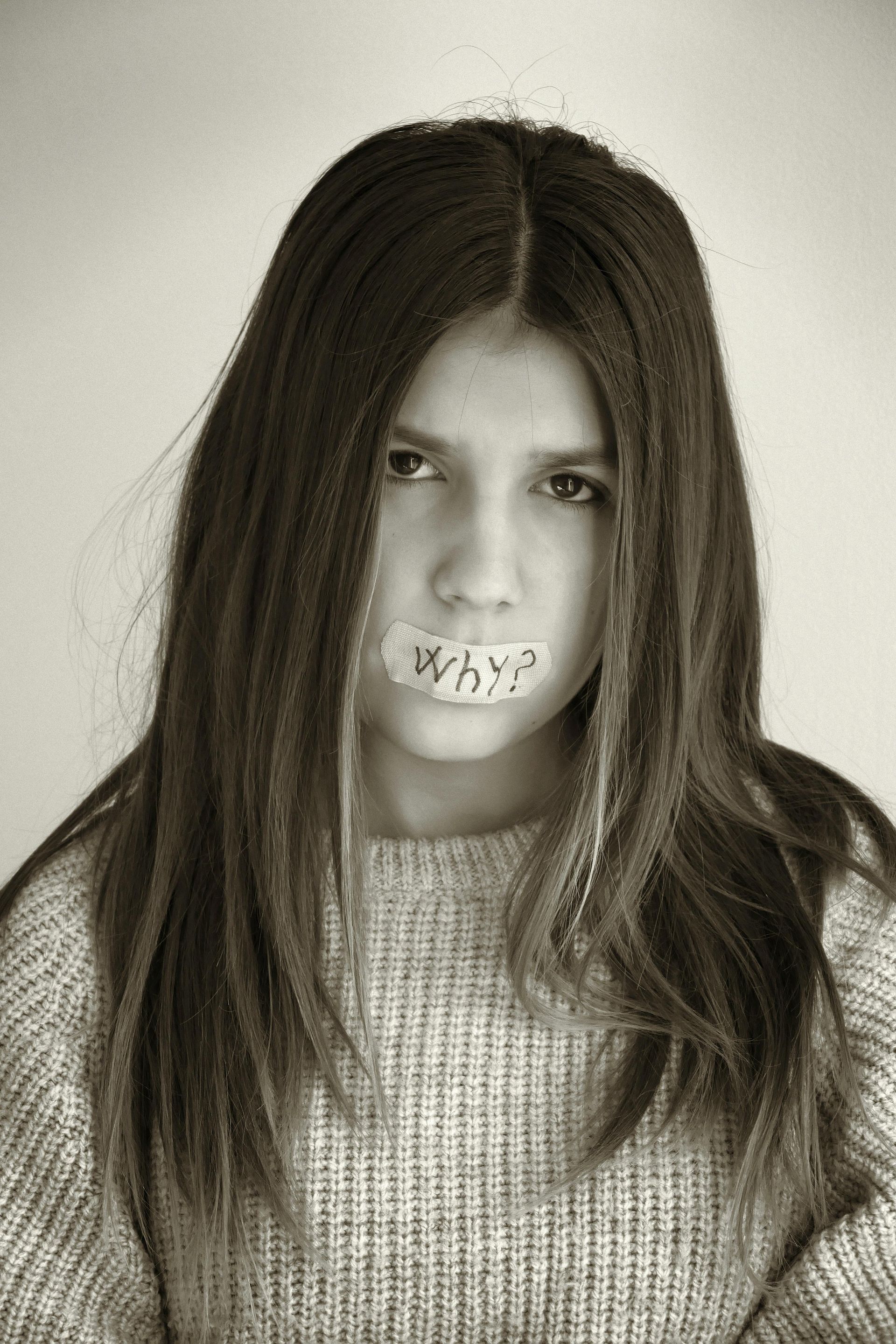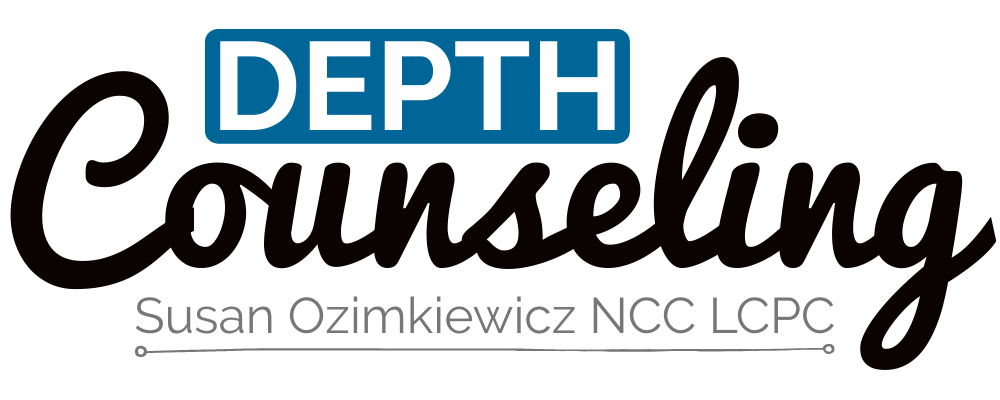Emotions Serve Many Purposes
I have many clients that are interested to understand more about their own emotions and emotional nature. Perhaps this article below which has been adapted from a few Dialectical Behavior Therapy (DBT) resources ( M. Lineham, C. Wescott, McKay, Wood, & Brantley) concerning emotional regulation may be helpful to you.
Emotions such as anger, fear, and joy to name a few are signals that can help you do the following:
- Survive (“fight or flight”).
- Remember people and situations
- Cope with situations in your daily life.
- Communicate with others.
- Avoid pain.
- Seek pleasure.
At first you may think the world would be a better place without such strong emotions, but consider these thoughts…
What helps us to stand up for ourselves and protect the people we love?
What stops us from driving too fast in bad weather?
What motivates us to study for a test?
What would we be like if we felt nothing after losing someone we love?
Emotions Communicate To And Influence Others
We communicate our emotions with verbal and nonverbal (facial expressions, body gestures, tone of voice) language. When there is a difference in what a person communicates non-verbally versus verbally, the other person will usually respond to the nonverbal expression. Facial expressions and other non-verbal cues communicate much faster than words.
When we want to communicate to others it can be very difficult for us to change our emotions. Whether we intend to or not, our emotions communicate and have an influence on others.
Emotions Organize And Motivate Action
Emotions prepare for and motivate action. For example, if you see your two-year old child in the middle of the street and a car coming, you will feel an emotion, fear, and this emotion will prompt you to run to your child. You don’t stop to think about it. You just do it. Your emotion has motivated your behavior without you having to take the time to think. We are “hard-wired” to protect ourselves and others and our emotional reactions are what prompt us to take action.
Emotions can also help us overcome obstacles in our environment. An example is the anxiety someone feels when they are about to take a test. Though it’s uncomfortable, anxiety helps motivate us to study so we will do well on the test.
Anger may motivate and help people who are protesting injustices. The anger may override the fear they might feel in a demonstration or protest.
The guilt we feel when we hurt someone we love, motivates us to not make that same mistake in the future.
Emotions Can Be Self-validating
Emotions can give us information about a situation or event or tell us about ourselves. They signal to us that something is going on.
When we lose someone close to us, we feel sad. This emotional reaction is an expression of our love for the person we lost. Though a broken heart feels uncomfortable, sometimes unbearable, imagine what it would be like if we felt nothing? Emotions show us that we are connected to others. They give us empathy and compassion. They make us human.
Sometimes emotions are a signal about a situation – a red flag. Thinking, “something doesn’t feel right about this,” is one of the signals we might receive. This is the intuition of wise mind. Feeling fear, anger or sadness can tell us something important about ourselves or warn us to get out of a sticky situation.
When carried to extremes, though, we run the risk of believing our emotion is fact. “I love him, so he must be a good person,” or, “If I feel stupid, I am stupid.” While our emotions are always valid, it doesn’t necessarily make them facts.
© Ozimkiewicz



Signup for Newsletters and Updates
Subscribe
Thanks for subscribing.
Oops, there was an error sending your message. Please try again later.
All Rights Reserved | Susan Ozimkiewicz NCC LCPC




